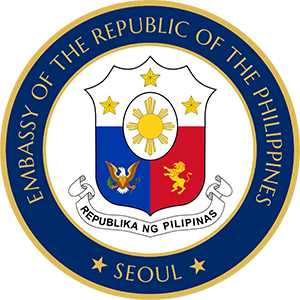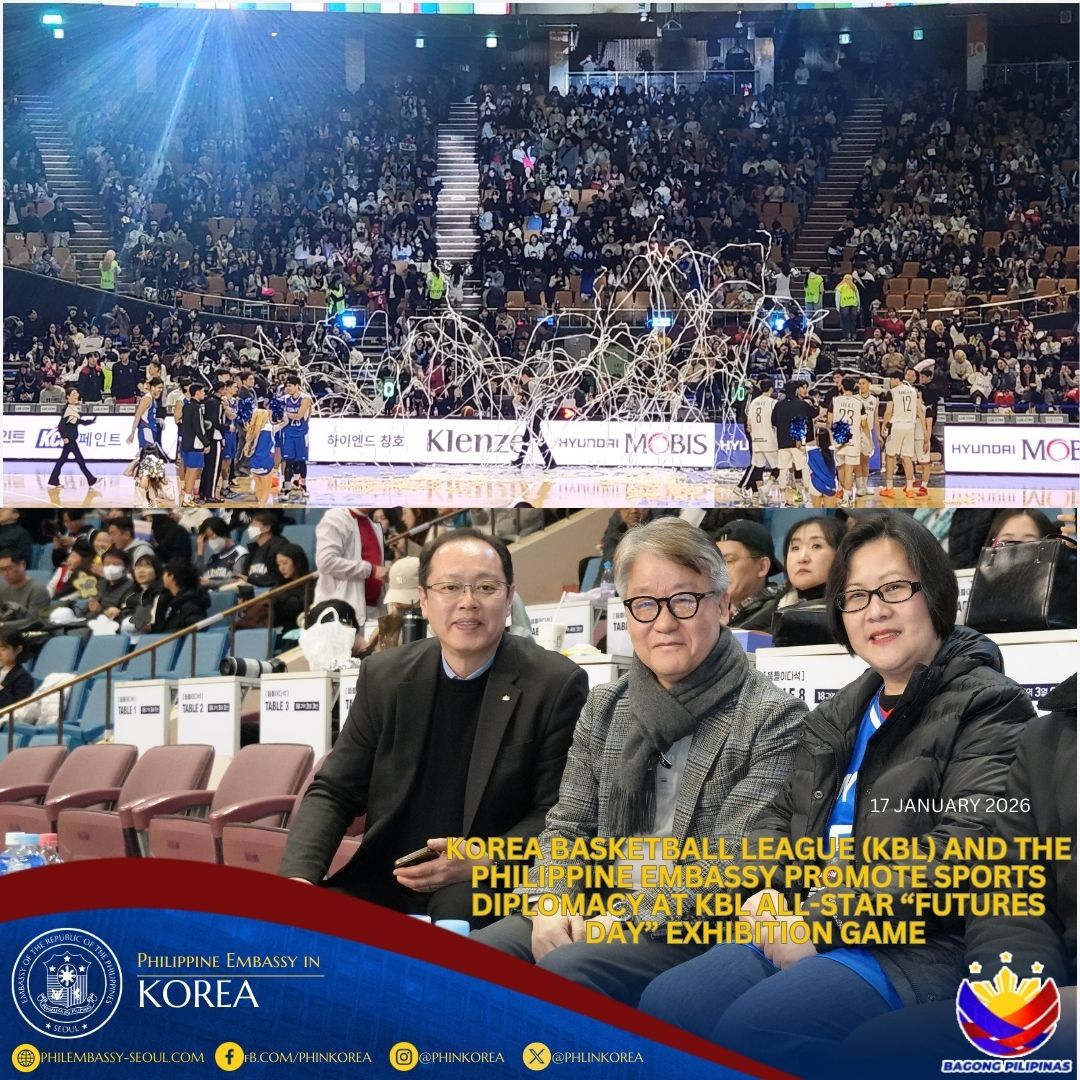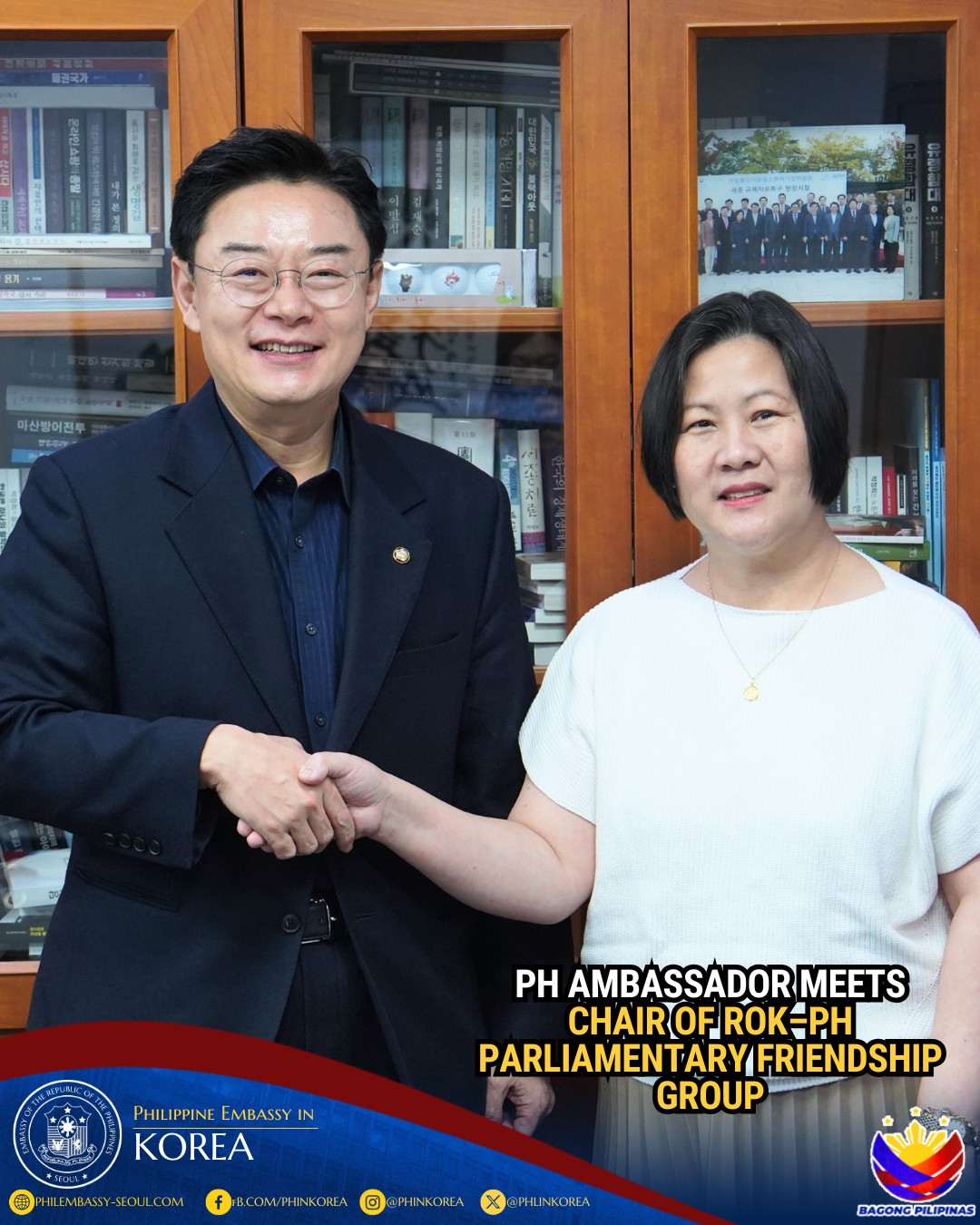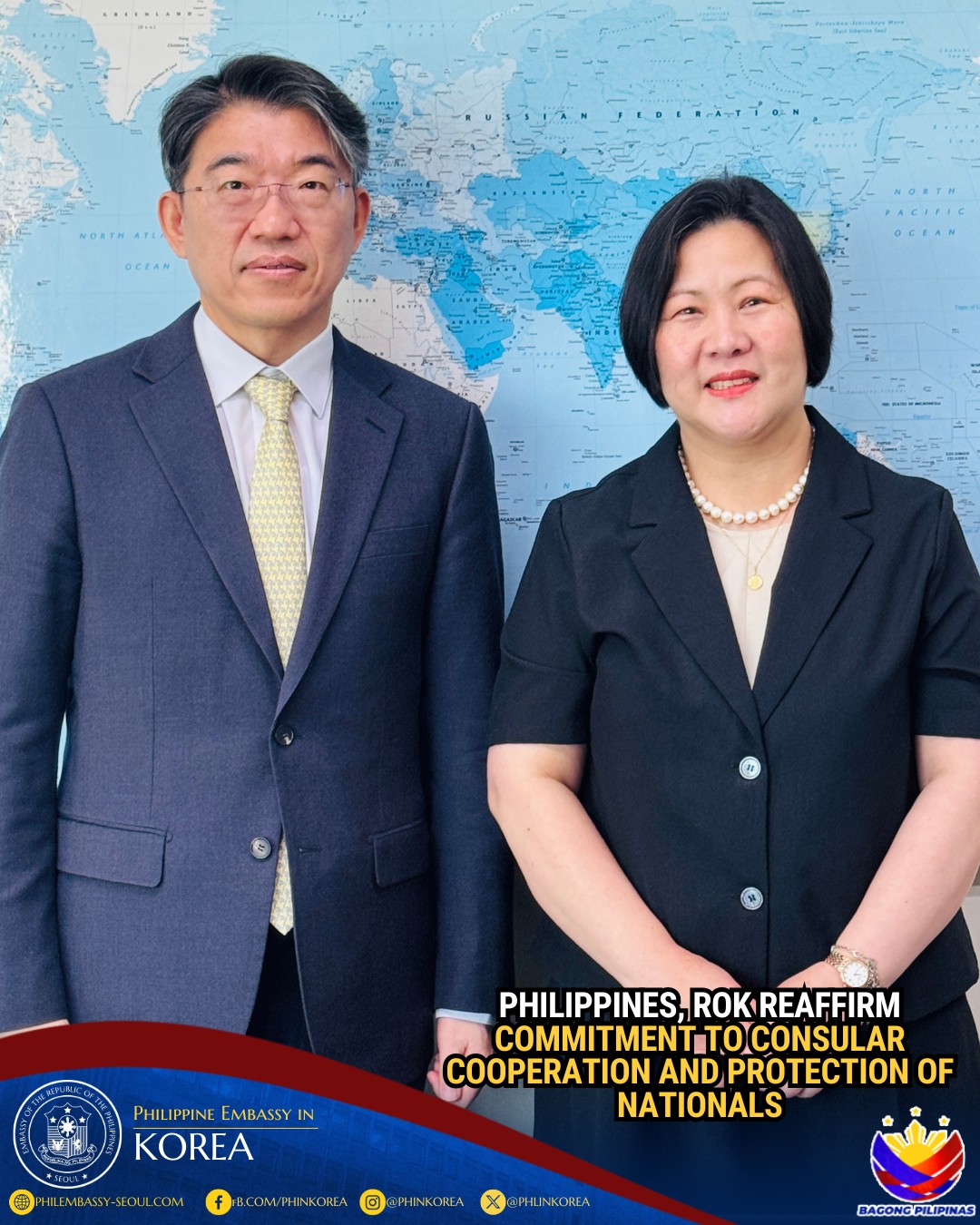Filipinos hold festival in Incheonbioclavid wiki bioclavid modic bioclavid til hunde
With the hot summer sun, colorful banners, stalls selling pancit noodles and puto (rice cakes) and the unmistakable chatter of Tagalog, it could have been like any other fiesta being held in the Philippines. Except this was a celebration for their home country’s 112th Independence Day and Migrant Worker’s Day being held in Korea.
Hundreds of Filipinos, who are living and working in Korea, flocked to the fiesta at the Pupyeong Community Welfare Center, Incheon on Sunday. It was the first time for the celebrations to be held outside Seoul, much to the delight of Filipinos living in the area. ``It’s a good idea to have this event in Incheon so people can see our talents and how active we are in Incheon. This is good because many Filipinos in Incheon can participate,’’ said Aileen Powao, who is part of the Bucheon Filipino Migrant Workers Community organization. Philippine Ambassador to Korea Luis T. Cruz said the embassy decided to take the Independence Day and Migrant Workers’ Day celebrations outside of Seoul to reach more Filipinos living outside the capital. ``This is part of our objective to empower Filipinos in Korea. We chose Incheon because we have very active Filipino communities here and there is strong support from the local government,’’ Cruz told The Korea Times. Several organizations, such as the Filipino EPS Workers Association, Filipino Korea Spouses Association and United Pinoys in Korea, worked with the embassy to make the event a success. Philippine labor attache Felicitas Bay said many volunteers from various parts of Korea helped with the preparations for the event. The festivities started with a Catholic mass presided over by the Papal Nuncio to Korea Osvaldo Padilla, who is also from the Philippines. It was followed by a short program featuring congratulatory messages from Philippine and Korean government officials, and dance performances by children from Korean-Filipino families. Various booths were decked out in Philippine decorations and served local dishes such as banana fritters, barbeque, coconut salad and lechon or roasted pig. Members of the church-based organization Friends of All Nations demonstrated the traditional bamboo dance called tinikling, even teaching it to some Korean guests. The Bucheon Filipino Migrants Community designed their booth as an indigenous hut made of nipa leaves, and their efforts paid off since it won Best Booth. The prize for Best Food Preparation was awarded to the Damayan Club in Korea for its unique Filipino-Korean fusion dishes. Later in the afternoon, laughter and cheers filled the air, as Filipinos participated in traditional games, such as hitting a clay pot filled with candies, and walking on bamboo stilts. The day’s activities ended with a raffle, with cell phones and round-trip airline tickets to Manila among the prizes. The success of the event prompted Shin Kwang-yul, president of the Pupyeong Community Welfare Center, to consider organizing similar events for other foreign communities. ``We want to have more events to give some comfort to migrants who might be homesick. I hope to have an event where we can show customs, culture and exchange experiences, so we can move towards a multi-cultural society in Korea,’’ Shin said.


 January 21, 2026
January 21, 2026
 January 13, 2026
January 13, 2026
 January 12, 2026
January 12, 2026
